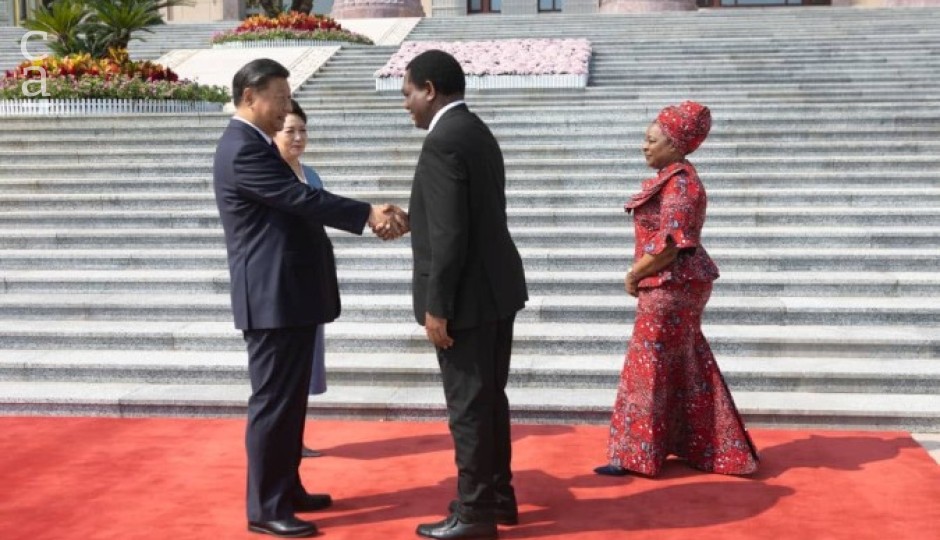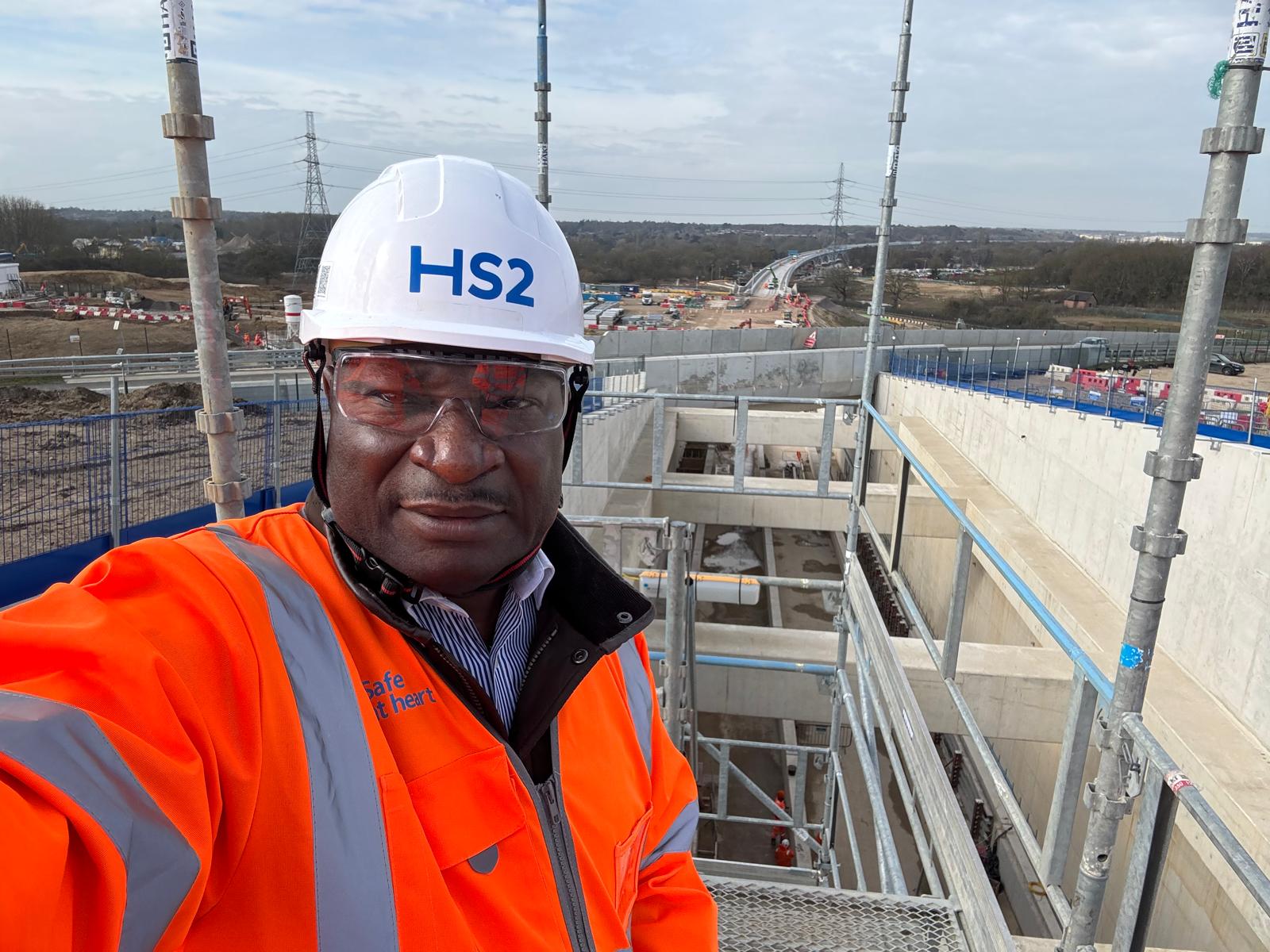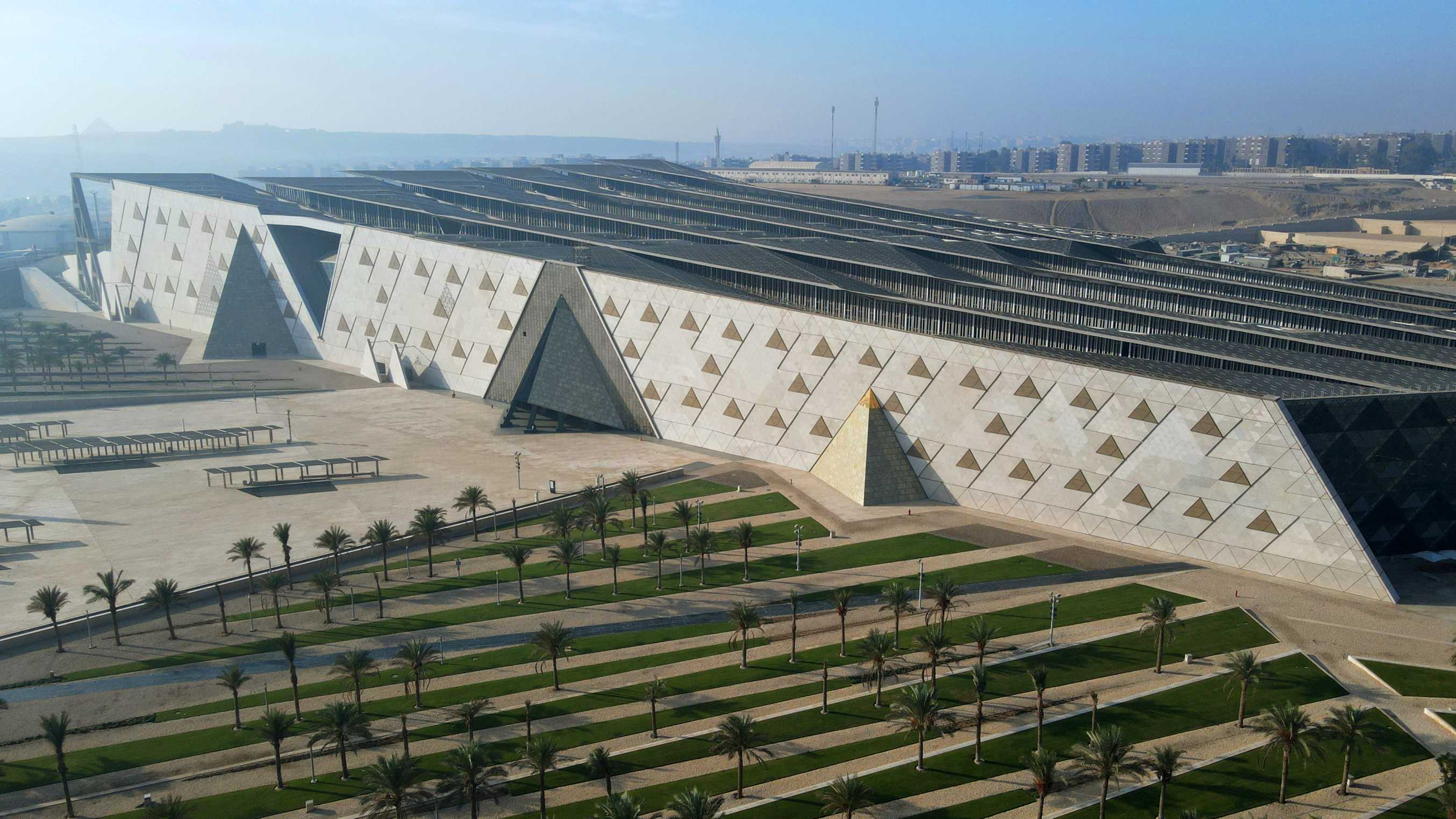Southern Africa
Zambia Inks Project Agreements With China
MoUs were signed for renewables, technology and manufacturing projects.

Zambia’s President Hakainde Hichilema presided over the signing of several memoranda of understanding (MoUs) for strategic projects during his state visit to China from 10-16 September.
The president toured the country to encourage Chinese firms to invest in Zambia.
While in Beijing, the president also oversaw the signing of an engineering, procurement
Want to continue?
Subscribe to get access to premium content
By subscribing you get access to the Newsfeed, Tenders, Events



